What does wealth mean to you? Is it a hundred million, a billion, or even millions of dollars? In modern society, we can always raise our standards. But how much money is too much? Today, the richest 1% of the world's population owns nearly half of all global wealth. Is this fair?

If everyone had the same amount of money, the gap between rich and poor would narrow significantly, reducing social problems related to inequality such as crime, social tension and political instability.
Imagine a world where everyone had the same amount of wealth. According to Forbes , the 10 richest people in the world own a combined fortune of nearly $1 trillion—a sum larger than the gross domestic product (GDP) of many countries. And the gap between rich and poor is growing.
So what if we decided to redistribute all the world's wealth equally? Imagine if all the world's cash, investments, and assets were liquidated and divided equally among everyone, would we create a happier and more equitable society?
According to estimates, the total value of all the wealth and cash in the world is about $250 trillion. If we divide this amount among the roughly 8 billion people today, each person will receive a little over $30,000. This may not seem like much to many people, but the reality is that about 75% of the world’s population today lives on less than this amount each year. And there is no doubt that this more equitable distribution of wealth would bring significant improvements to those living in poverty, helping them afford food, clean water, clothing, shelter, and other necessities.

If everyone is guaranteed a minimum standard of living, will they still have the incentive to work hard and be creative? This could lead to reduced productivity and efficiency of the economy .
But how long can this even distribution of wealth be sustained in a world of 8 billion people with different motivations and skills? One of the biggest barriers to maintaining this equality is financial education. To maintain wealth equality, people need to be smart and judicious about how they manage their money. This doesn’t mean cutting out all entertainment and spending only on necessities, but it also doesn’t mean spending recklessly.
Another problem is the quality of goods and services. In a society where everyone has the same amount of money and no incentive to work harder or innovate, the quality of goods and services can decline. Without strict regulations, this “egalitarian” society can quickly return to its current state, with stark disparities between rich and poor.
The world is full of entrepreneurs who are eager to make money and make a positive contribution to society. These people are able to invest their wealth in new ideas and convince others that their products and services are worth spending money on. If enough people invest in these ideas, the market will once again create millionaires, billionaires, and large corporations. This leads to the fact that some people will quickly become rich, while others may fall back into poverty due to lack of financial management skills, or due to unforeseen events such as illness or natural disasters.
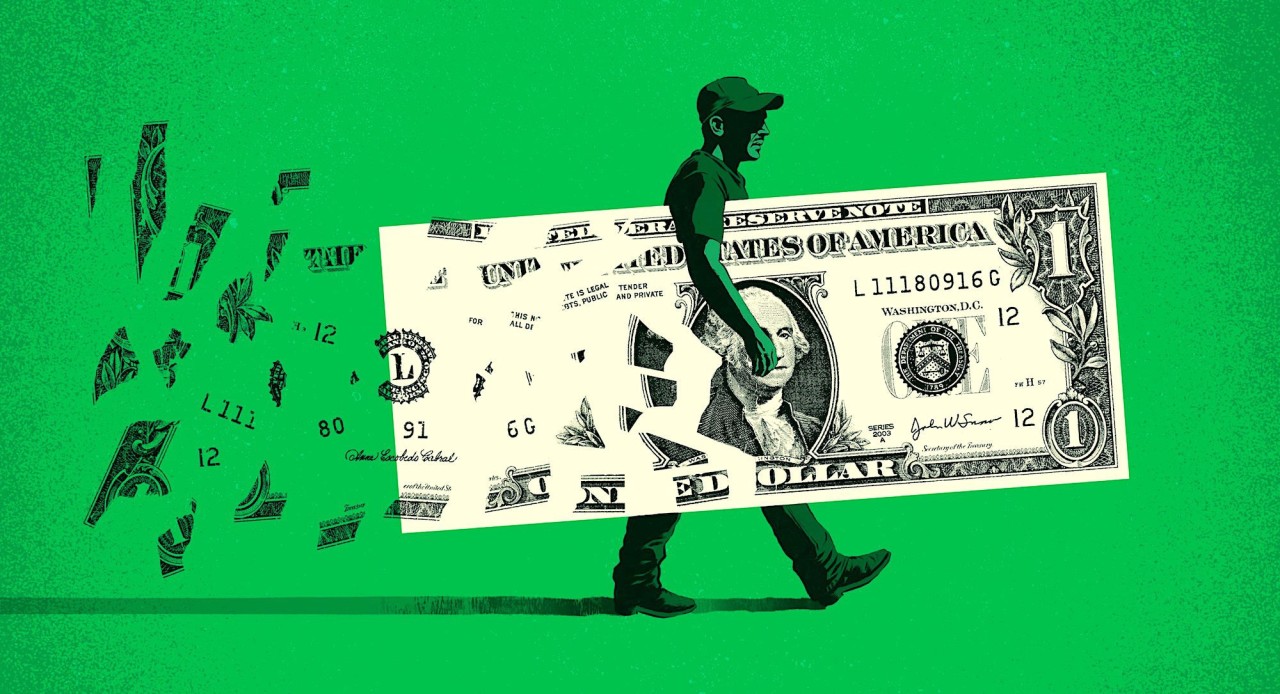
How to distribute money fairly and effectively? There needs to be a strict management mechanism to ensure that money is distributed to the right people and is not misused.
While the resurgence of economic inequality may be inevitable, there is hope in narrowing the gap. Universal basic income (UBI) projects have been tried in many parts of the world, with positive results. While some studies have shown that when people are guaranteed a certain amount of income each year, their motivation to work can decrease, there is also evidence that UBI increases learning, reduces health care costs for mental health issues, and prevents waste on luxury goods.
Universal basic income is not a new idea, but implementing and regulating it effectively is still an unsolved problem. A perfect world where everyone has the same amount of money may not be possible. However, that does not mean we cannot ensure that everyone has enough food, water, clothing and shelter.
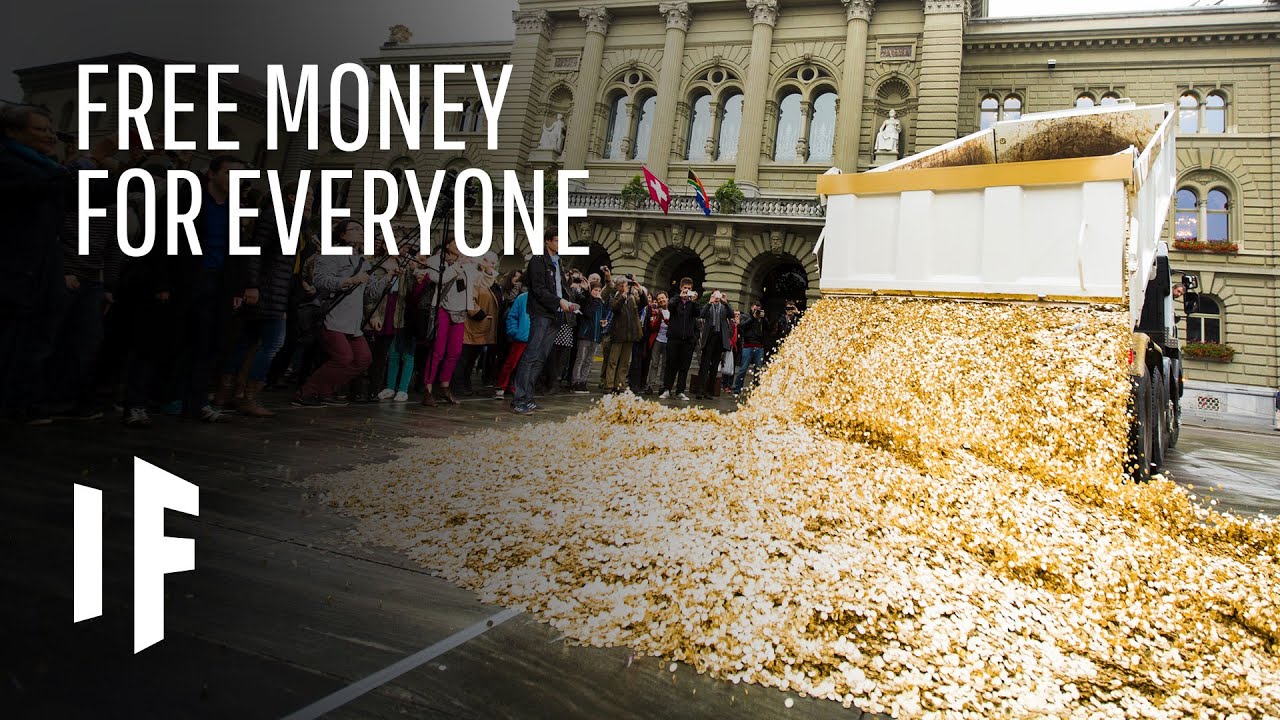
When basic needs are fully met, people may have less motivation to seek new and more creative solutions. This can slow down the development of society.
Wealth and inequality are major challenges facing the world. While redistributing wealth can bring temporary positive change, maintaining equality and fairness in the long term requires more complex solutions. We need to focus on providing financial education, developing equitable social policies, and experimenting with basic income models to ensure that everyone has the opportunity to live a full and happy life.
Source: https://giadinh.suckhoedoisong.vn/dieu-gi-se-xay-ra-neu-tien-duoc-phan-phoi-dong-deu-cho-tat-ca-moi-nguoi-172240904071508207.htm








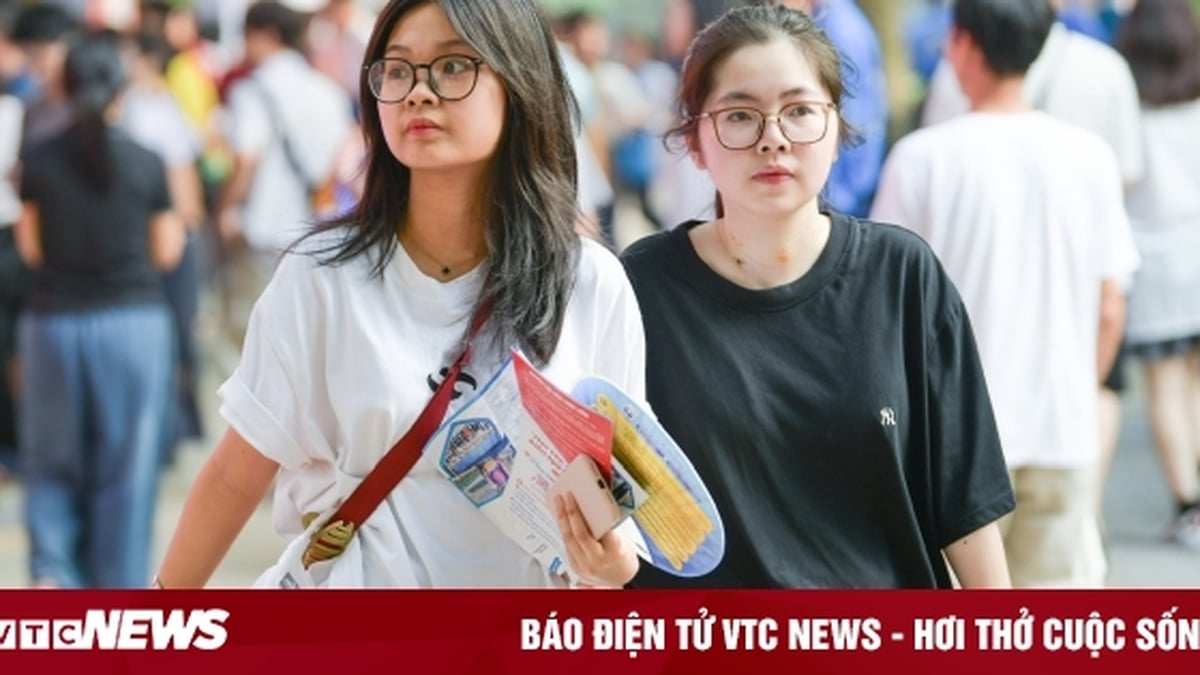
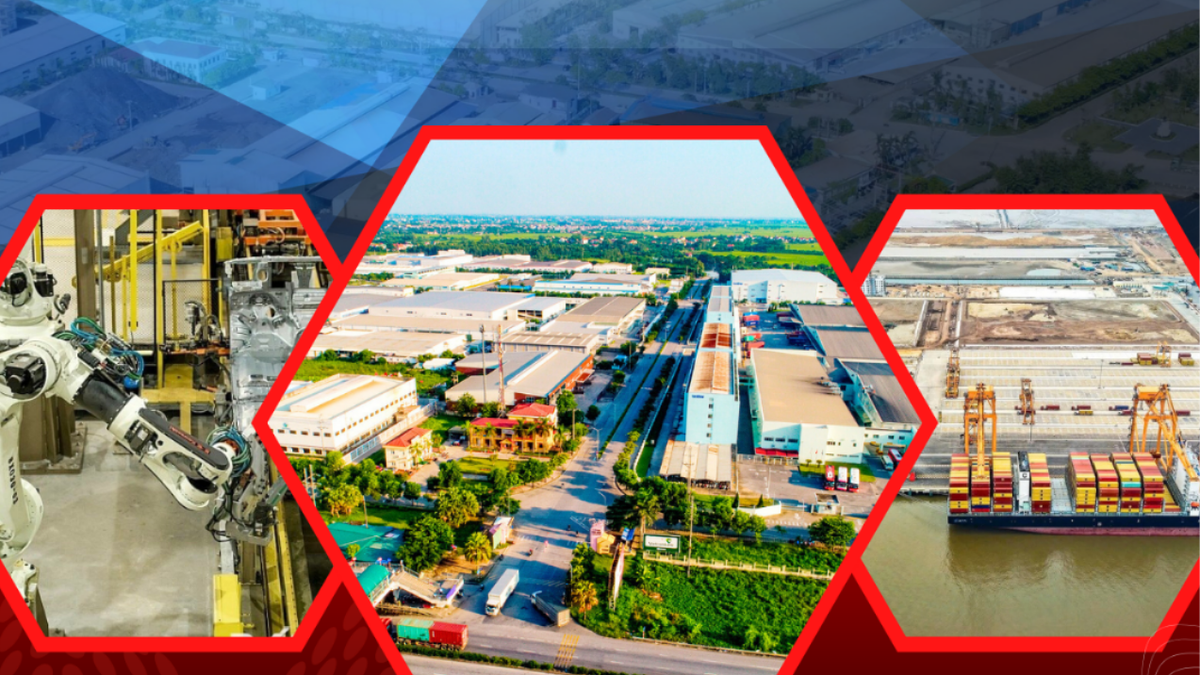

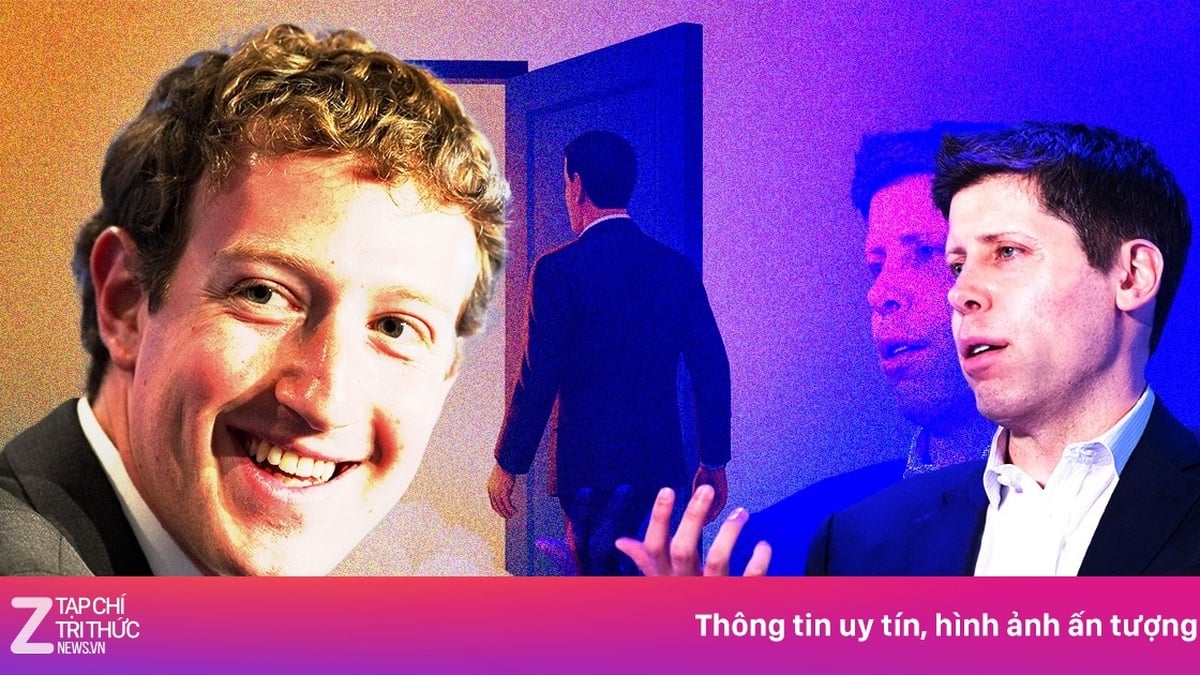
























































































Comment (0)